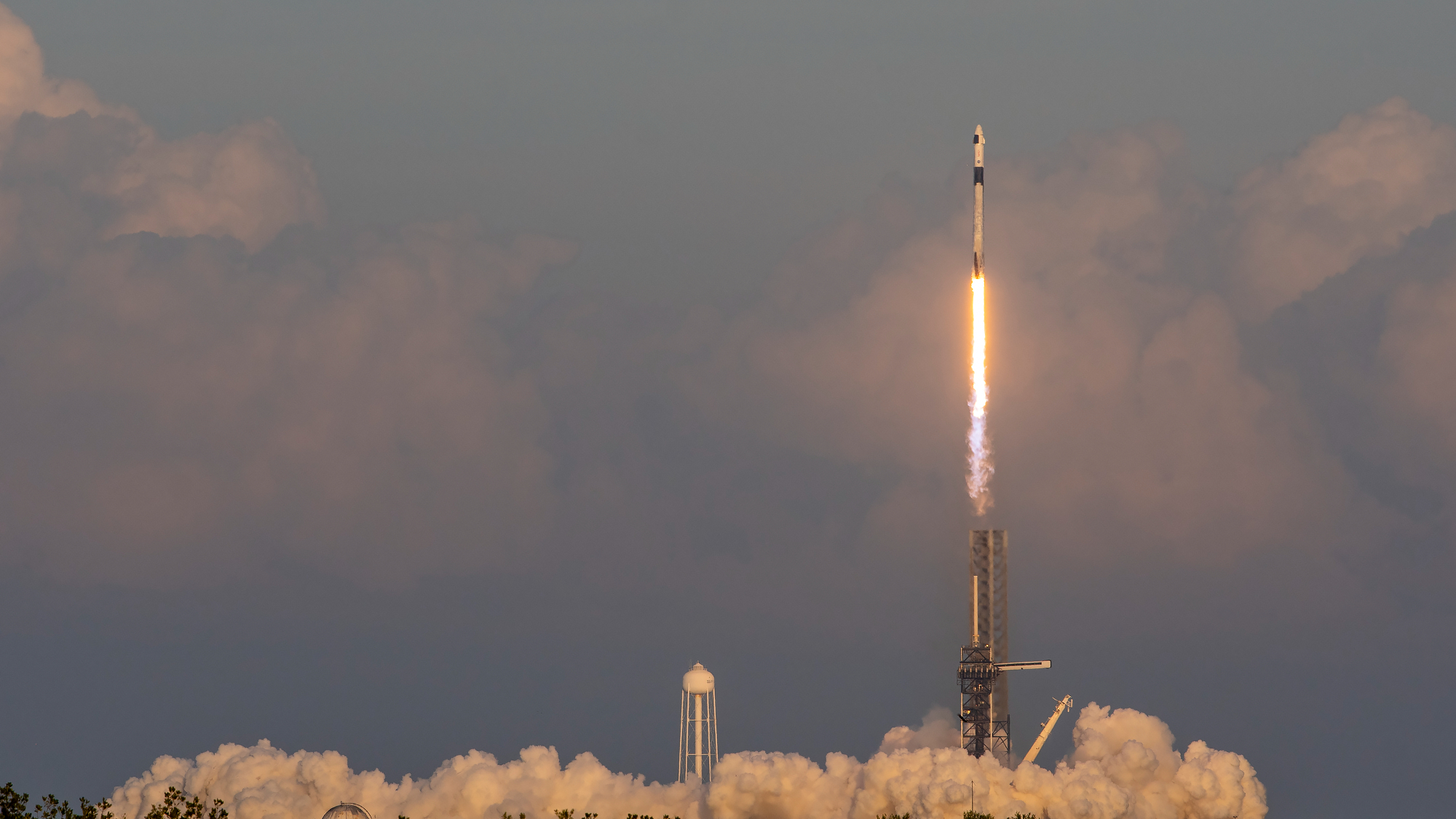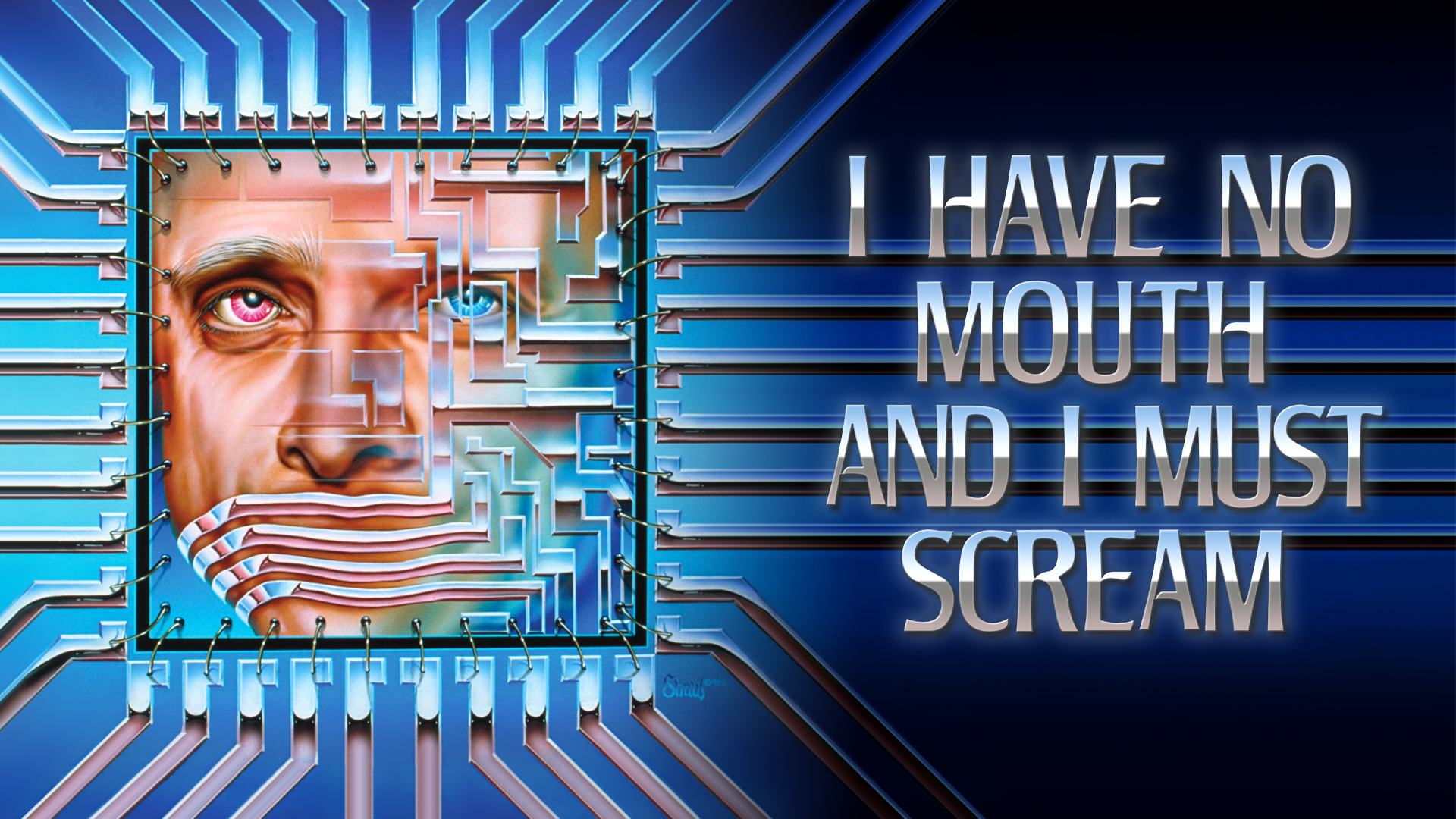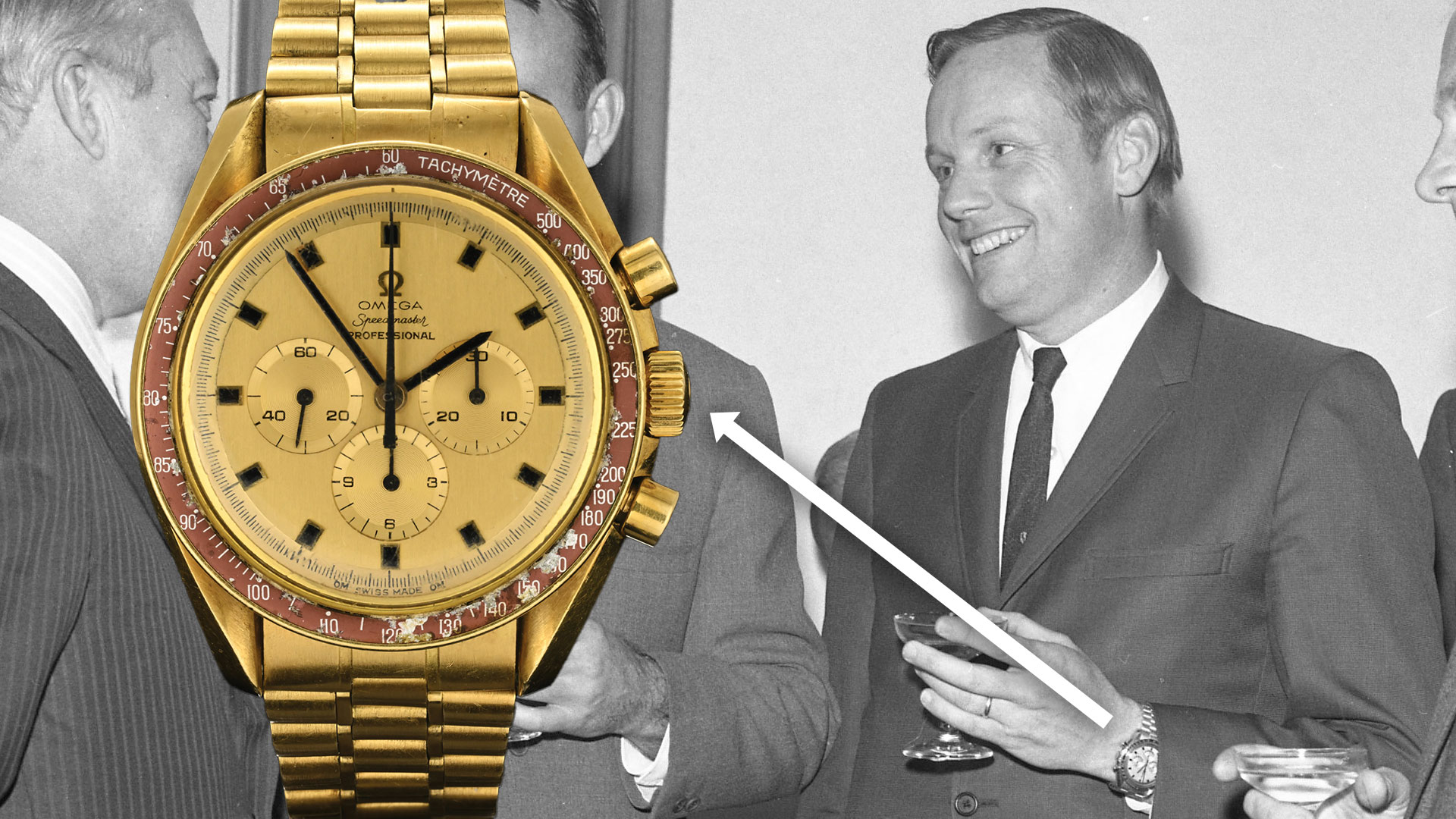Sky Walking with Astronaut Veteran Tom Jones
CAPE CANAVERAL, Fla. - When the space shuttle Atlantis landed on Thursday,you can bet former astronaut TomJones was watching.
The four-time shuttle flyer,U.S. Air Force pilot and planetary scientist attended NASA's last shuttlelaunch - Discovery's July 4th liftoff from NASA's Kennedy SpaceCenter (KSC) - and is no stranger to the risks of human spaceflight after his11-year astronaut career. But as long as the effort pushes humanity into newfrontiers and science realms, the crewed exploration of space is a worthyendeavor, Jones has said.
Jones flewthree science missions aboard NASA space shuttles between 1994 and 1996, andhelped deliver the U.S.-built Destiny laboratory to the International SpaceStation (ISS) during the Atlantis shuttle's STS-98mission in 2001.
In his bookSky Walking: An Astronaut's Memoir, Jones details his orbital exploitsand took time to answer some questions on his experience and NASA's plans forthe space shuttle program.
SPACE.com: You're a veteran of four spaceshuttle flights, three spacewalks and one launch pad abort during yourastronaut career. NASA has now launched its third orbiter flight since the Columbia accident. How do you view the risksof human spaceflight?
I wasprobably na?ve at first of how I calculated the risks. I believed we hadminimized it to the absolutely lowest level possible and the people involvedwere so good that I didn't have a lot to worry about.
On thecatastrophic problem of foam, I was right in there with the program managersassessing it as a non-issue. Now, I think the important thing is that when anastronaut straps into the space shuttle, or the Crew Exploration Vehicle, theyneed to know on an ethically honest basis that what they're attempting is worththe benefit of what they'll get out of this mission.
Get the Space.com Newsletter
Breaking space news, the latest updates on rocket launches, skywatching events and more!
Lookingat where NASA is now as the agency returns to flight, is it worth the risk?
If it'sjust to maintain human spaceflight for the U.S. and not go anywhere, with no increase to our knowledge base or attempt at somereally tough exploration, I don't think it's worth it. [But] clear, ambitiousgoals are, perhaps that means going back to the Moon, or visiting near-Earthasteroids, which has a planetary protection role.
It'sclear from Sky Walking that you are a very spiritual person and that yourfaith is important to you? How did that factor into your work as an astronaut?
I don't thinkit changed me dramatically. I just know that having my faith, and havingsupport spiritually from my friends...that kind of support was essential. If youlay the entire burden and the pressure of the mission on your own shoulders, Ithink you're making it really tough on yourself.
Humanbeings are social and they need that support from their comrades, both in atechnical and spiritual way. So I just felt that I not only had a spiritualconnection with my crewmates, but I had hundreds of other people praying forme, and I believe that makes a difference in how you approach the work and yourconfidence level.
NASA'sSTS-121 shuttle mission, and more recently the STS-115 spaceflight, reopenedthe door on ISS construction, and you helped deliver the U.S. Destiny lab during STS-98 aboard Atlantisin 2001. Is the station what you expected it would be by now?
I expectedthat by 2006 it would be farther along, I thought it would be fully crewed bynow with crews of six, and that all the labs would be up there, and of courseso did NASA. And, of course, the Columbia accident kicked the chocks out from under those plans.
Thereare seven astronaut families, nine really counting those of the ISS Expedition13 crew, watching closely as their loved ones fly in space, something your ownfamily is quite familiar with. How vital is that family support for astronautsand why did you include it in Sky Walking?
I couldn'thave done these missions with without their support, and I think that's true ofevery astronaut's career.
I justdon't know how my wife Liz got through those four flights. I had the focus ofthe mission and the reward of actually getting to do the work in an incrediblyexotic and beautiful place. She got all the stress and didn't get any reward,and that's a generous gift.
Youalready had two young children when you launched on your first spaceflight, howdid you explain the risks of your astronaut job to them?
They wereeight and five the first time I flew and 15 and 12 by the end, and more awareof the risks. They went from very giddy young children just taking snapshots[of launches] to the knowledge a few years later that they could lose theirdad.
I told themthat this was important, this is what astronauts do for their country. I thinkthey took heart from that, if I was committed to it that it was alright. Ithink after four flights, having put my family through that ringer, it was timenot to do one more time. It was very much a family decision.
In Sky Walking,you describe NASA's early partnership with Russia's Federal Space Agency during theconstruction of the International Space Station. Were those early ISS days moredifficult than they should have been?
I guess Iwasn't expecting them to be easy, but in the early 1990s I thought it would beeasier. As a Cold Warrior, the suspicion was there that the Russian thing waspurely political. But I learned a lot along the way.
I workedwith cosmonauts, learned their capabilities and, as we know, since Columbia they've kept the space station going.I really had a conversion because I felt that we couldn't really afford to blowthe space station...that this is our only chance to get this right.
The Russianelement, as difficult as it was to digest in the beginning, proved essential, Ithink, to the credibility of the whole enterprise in the long run.
Is NASAat a similar crossroads now as it reaches back to the Moon and on toward Mars?That it has to get the station right to pursue NASA's vision?
I don'tthink the space station has to be on the critical path to get to the Moon orbeyond to Mars. But it will be a lot more difficult if we ignore theopportunity that the space station offers.
NASA is inthis very difficult transition of transferring from one flight vehicle toanother. They haven't done that since the '70s and I think all of those lessonshave to be relearned. It's probably the biggest challenge that NASA has facedafter the Apollo Moon landings and you can't do it on a shoestring.
When youlook back on your astronaut career, what - if anything - has been leftunfinished?
I thinkthat my hopes for my astronaut class were that we'd go to the Moon, but itdidn't come to pass. But we got to work on a fantastic challenge and it took meto my limit. I think there are going to be other people who want to go to theirlimits to do some exploration out at the Moon and I believe we should go to theasteroids after that.
You canlearn more about Jones' experiences in space at his website: www.astronauttomjones.com.
- LISTEN or DOWNLOAD PODCAST: Tom Jones Speaks with SPACE.com's Dave Brody
- WATCH: STS-98: Tom Jones's Destiny in Space
Join our Space Forums to keep talking space on the latest missions, night sky and more! And if you have a news tip, correction or comment, let us know at: community@space.com.

Tariq is the Editor-in-Chief of Space.com and joined the team in 2001, first as an intern and staff writer, and later as an editor. He covers human spaceflight, exploration and space science, as well as skywatching and entertainment. He became Space.com's Managing Editor in 2009 and Editor-in-Chief in 2019. Before joining Space.com, Tariq was a staff reporter for The Los Angeles Times covering education and city beats in La Habra, Fullerton and Huntington Beach. In October 2022, Tariq received the Harry Kolcum Award for excellence in space reporting from the National Space Club Florida Committee. He is also an Eagle Scout (yes, he has the Space Exploration merit badge) and went to Space Camp four times as a kid and a fifth time as an adult. He has journalism degrees from the University of Southern California and New York University. You can find Tariq at Space.com and as the co-host to the This Week In Space podcast with space historian Rod Pyle on the TWiT network. To see his latest project, you can follow Tariq on Twitter @tariqjmalik.









